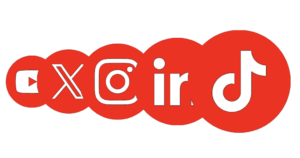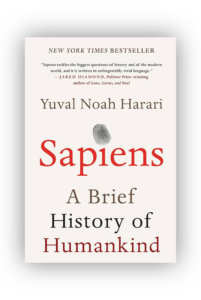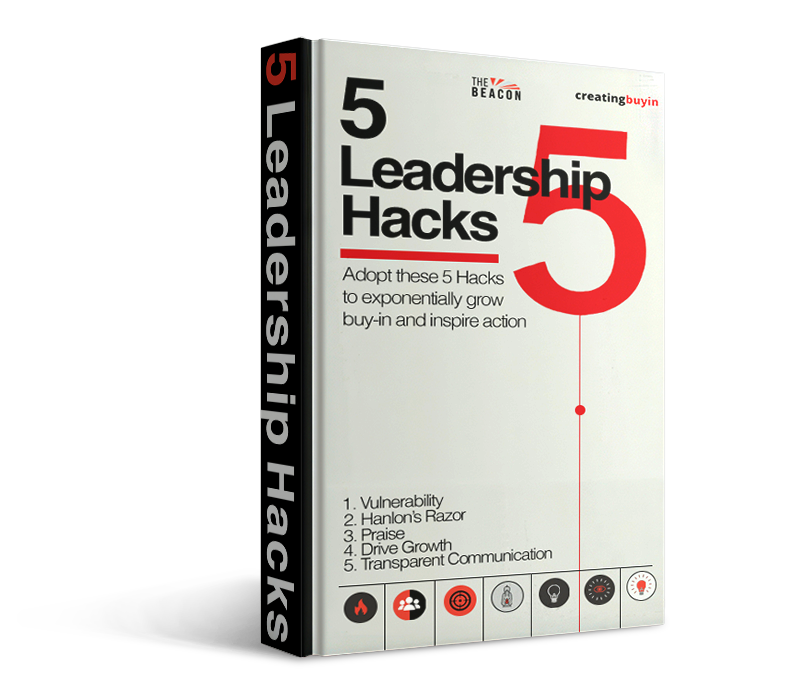Brand Your Movement

There’s something about fire that pulls you in—it’s almost hypnotic. Imagine a group of people sitting in a waiting room, usually absorbed in their phones or magazines. Now, picture a fire in the middle of that group. Suddenly, the phones are forgotten, and everyone is transfixed by the blaze. The phones don’t seem to be necessary anymore. Like moths to a flame, we all go into a dead stare at the blaze. Perhaps because it is in our DNA to become hypnotized by the dancing colors? Maybe we’re distracted by our own thoughts bouncing around? I like to think it is because this was the time stories were a part of our primitive life. Think of it this way: How much more drawn in are you when someone says, “it all starts with a story…”?
their phones or magazines. Now, picture a fire in the middle of that group. Suddenly, the phones are forgotten, and everyone is transfixed by the blaze. The phones don’t seem to be necessary anymore. Like moths to a flame, we all go into a dead stare at the blaze. Perhaps because it is in our DNA to become hypnotized by the dancing colors? Maybe we’re distracted by our own thoughts bouncing around? I like to think it is because this was the time stories were a part of our primitive life. Think of it this way: How much more drawn in are you when someone says, “it all starts with a story…”?
“Homo sapiens is a storytelling animal that thinks in stories rather than in numbers or graphs, and believes that the universe itself works like a story.”
– Yuval Noah Harari
Story
The use of story is as old as our ability to remember or document it. It’s literally as old as language. It has been used for generations to either invoke emotion, get a point across by teaching a lesson, or rally a group. Mastering this integral skillset as a leader can make or break your ability to drive action into a group. Yuval Noah Harari, the author of Sapiens, argues that it is this super power that has allowed our species to rule the world.
Harari argues that most everything in our human world is a story. Corporations, money, brands are all stories we tell ourselves that exist. There is no such thing as Pepsi or Nike. We made it up. The workers at Pepsi, Nike or Dell (or any company) all gather below the logo like a primitive group staring at and worshipping it like was a solar eclipse.
“Large numbers of strangers can cooperate successfully by believing in common myths.”
– Yuval Noah Harari
Use in History
Throughout history, rallying cries driven by powerful stories have united people and inspired action. Some of the most memorable examples include:
- “I Have a Dream” – Martin Luther King
- “Don’t Tread on Me” – American Revolutionists
- “Give Me Liberty or Give Me Death” – Patrick Henry
- “A House Divided Against itself Cannot Stand” – Abraham Lincoln
- “We Shall Overcome” – American Civil Rights Movement
Infamously, this same concept was manipulated for a dark and destructive purpose in 1930s Germany, where branding and messaging were used to rally people behind a harmful ideology. Not only that but also using The Plato’s Cave Allegory. That being said, it is an interesting case study in the use of branding and messaging that drives group behavior, as sad as it is that it was used for such nefarious and malicious intent.
Brand Your Movement
Effective leaders don’t just manage—they brand their initiatives. They give their teams something memorable, repeatable, and actionable, much like how great brands create loyalty and culture.
Branding a movement is about telling a story people want to be part of—a story that explains where they are, where they’re going, and why it matters.
With keeping this in mind,
- Where do you want to take the group?
- What is the service you provide?
- How does it help the world?
- What is the end result you want?
- Where did you all come from?
- What obstacles do you need to overcome to get there?
- What obstacles have you already overcome as a group?
- What is the story driving you to achievement?
- What is the group’s why?
Conclusion
Story isn’t something we often think about in leadership, but it’s always present—whether we realize it or not. You probably use it more often than you think. Or maybe this is your first time considering the power of story in leading and inspiring others. Either way, the next time you want to drive action or create lasting impact, ask yourself: What’s the story I’m telling? Because great leaders don’t just give direction—they craft stories that people want to be a part of.


